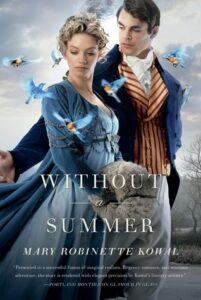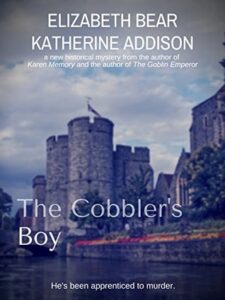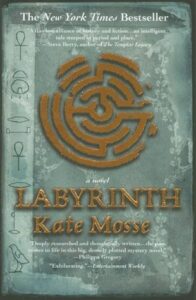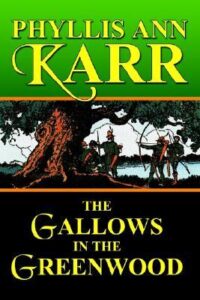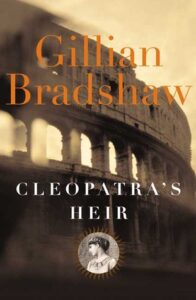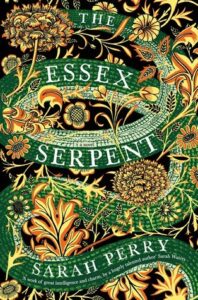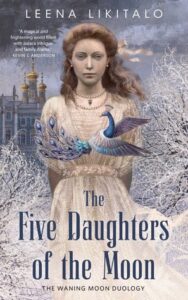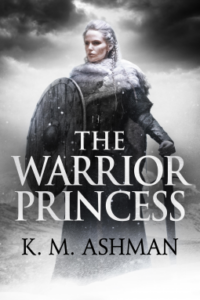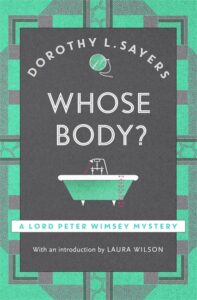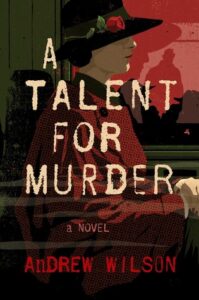 A Talent for Murder, Andrew Wilson
A Talent for Murder, Andrew Wilson
I was quite interested in this story based on what I know about Golden Age crime fiction, and about the mysterious disappearance of Agatha Christie for several days at one point in her life. As far as I know it’s genuinely still a bit of a mystery what happened during the days she was missing, and this story attempts to fill in the gaps, introducing a mysterious man who wants Christie to kill for him, and thus engineers her disappearance.
There are some aspects of this that are genuinely interesting — Wilson’s description of the helplessness and disgust his version of Christie feels when the man makes her dance to “Yes! We Have No Bananas!” is quite effective. For the most part, though, I felt like the handling was clumsy: details from Christie’s life, no doubt gleaned from her autobiography and other materials, are sort of shoehorned in to convince the reader that yes, this really is Christie, this is really is what happened. It doesn’t work for me — the “verification” is just a little too blatant. (Even if I can’t tell what’s real and what’s invented!)
What’s more, the tone — apart from a couple of scenes — didn’t much work for me. There’s something so bland and generic about it, even while Wilson is working with a rather colourful person. So all in all, I found it rather disappointing and after a hundred pages or so, I found myself putting it down for good without regret. The library can have it back, with pleasure.

